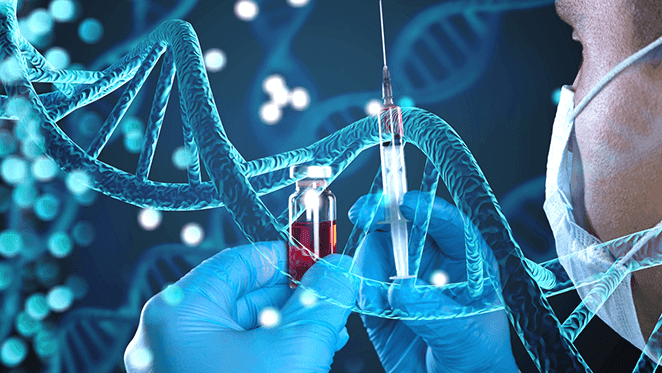
Potential New Therapies on the Horizon for Duchenne Muscular Dystrophy
Promising new treatment options for Duchenne Muscular Dystrophy (DMD).

Between 400 and 600 boys are diagnosed in the US each year with Duchenne muscular dystrophy (DMD), a rare genetic disorder mostly common in males characterized by progressive muscle deterioration and disabling muscle weakness affecting many parts of the body caused by a mutation in the DMD gene. This mutation results in an absence or defect of the dystrophin protein causing heart and breathing muscle issues and eventually death via respiratory or cardiac failure before the age of 40.
Current pharmacological approaches can help delay damage to muscles or minimize symptoms of DMD with corticosteroid therapy, like prednisone or the Emflaza® (deflazacort), which are considered to be the standard of care. The most recent approved treatments for DMD however, focus on correcting the gene mutations using a process called exon-skipping to produce a usable dystrophin protein by skipping over the exon or part of the gene that causes problems with the muscle proteins. Requiring weekly intravenous injections slowing disease progression in about 30% of patients while increasing dystrophin production, FDA-approved Exondys 51 (eteplirsen), Vyondys 53 (golodirsen) and Viltepso® (viltolarsen), have not yet been proven to improve survival or provide other clinical benefits.
Within the next year, several new treatment options for DMD may become available:
- The FDA is scheduled to review delandistrogene moxeparvovec (SRP-9001), an investigational one-time gene therapy treatment designed to treat the underlying cause of DMD by delivering a gene to the muscle that encodes for a shortened, functional form of dystrophin.
- After the FDA granted accelerated review of the Biologics License Application (BLA) for SRP-9001 based on efficacy and safety data from three studies: Studies-9001-101, SRP-9001-102, and Study SRP-9001-103 (also known as ENDEAVOR), Sarepta, the manufacturer, announced that the FDA was not requiring SRP-9001 to go through an advisory board committee prior to its review on May 29th. This is now on hold as of March 2023 as the FDA now plans to hold an advisory committee meeting. If approved, it would be the first gene therapy approved for DMD. Based on the cost of other approved gene therapy products, the estimated price for the one-time treatment is between $2,000,000 and $3,000,000.
- In October, the FDA is scheduled to review vamorolone, a first in-class dissociative corticosteroid that was designed to have the anti-inflammatory activity of corticosteroids, but with fewer side effects, as an additional supportive therapy for DMD.
- Givinostat, another potential therapy for DMD and an investigational HDAC inhibitor is on track to submit its application to the FDA soon.
Due to the therapeutic innovations over the past few decades, the life expectancy of patient with DMD has increased. This is only the beginning with new treatments on the horizon to reduce pathology, improve quality of life, and ultimately prolong survival.
To learn more about potential new therapies for Duchenne muscular dystrophy, click here.